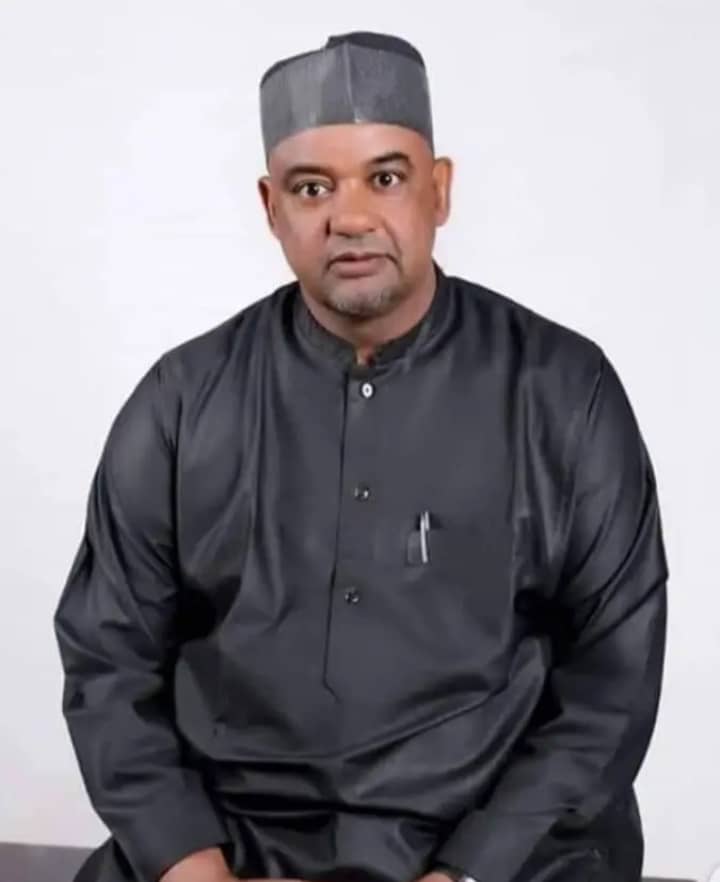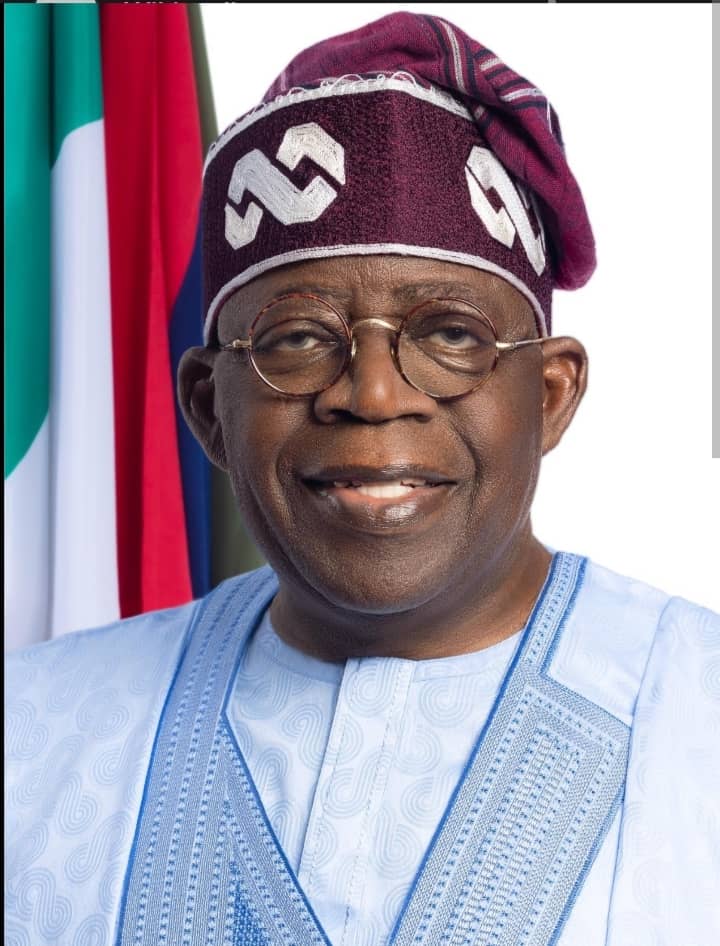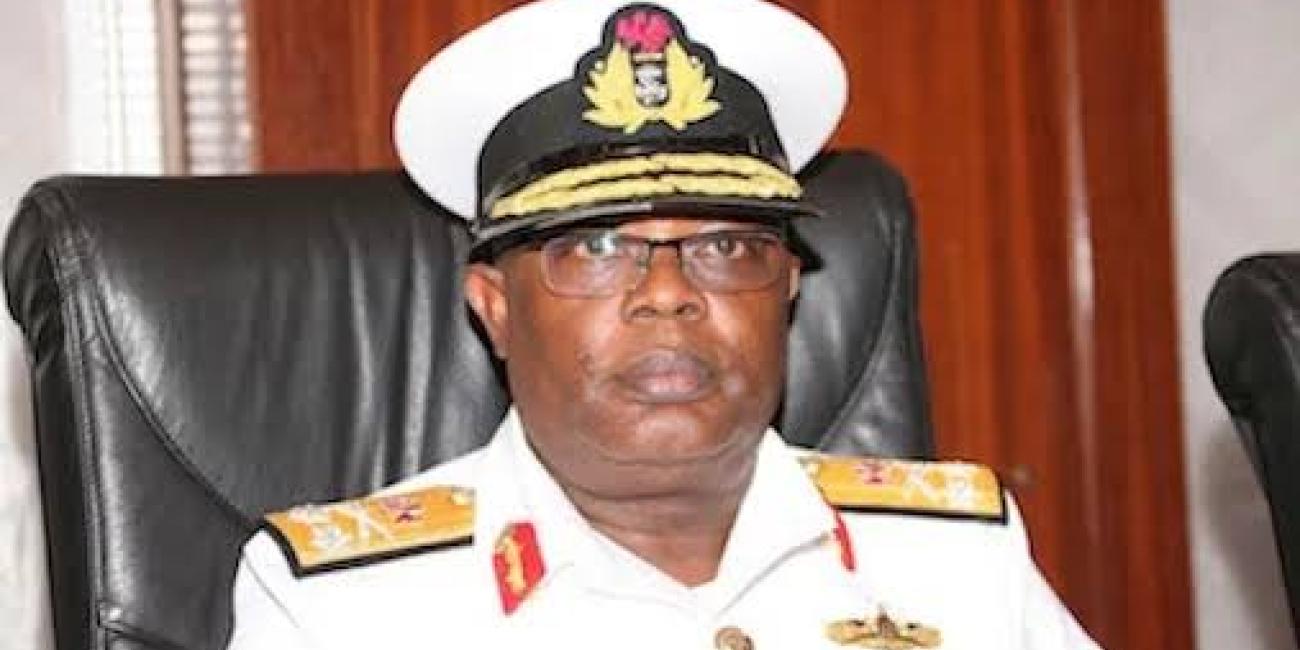The Peoples Democratic Party (PDP), Nigeria’s foremost opposition party, is embroiled in a deepening crisis following conflicting statements from its national executives regarding the leadership of its Rivers State chapter. This internal discord not only threatens the party’s cohesion but also raises questions about its commitment to internal democracy and rule of law.
Background
On January 13, 2025, the Rivers State High Court, presided over by Justice Stephen Jumbo, nullified the PDP’s ward, local government, and state congresses conducted in July and August 2024. The court recognised the Hon. Nname Robinson Ewor-led faction as the legitimate executive of the PDP in Rivers State, effectively disbanding the congress-elected executives aligned with former Governor Nyesom Wike.
Conflicting Statements
In the wake of the court’s decision, the PDP’s National Publicity Secretary, Hon. Debo Ologunagba, issued a press statement on January 16, 2025, asserting that the National Working Committee (NWC) had accepted the court’s verdict and affirmed the Ewor-led executive. Ologunagba lauded the judgment as a reaffirmation of the PDP’s commitment to transparency and internal democracy.
Contrarily, on the same day, the Deputy National Publicity Secretary, Ibrahim Abdullahi, released a disclaimer on behalf of the Acting National Chairman, Amb. Umar Iliya Damagun. The statement refuted Ologunagba’s claims, stating that the NWC had neither received nor deliberated on the court’s judgment, which, according to Abdullahi, had been appealed. He accused Ologunagba of disseminating falsehoods and acting unilaterally to undermine the NWC’s authority.
Implications for Party Unity
These contradictory statements have exposed a rift within the PDP’s national leadership, potentially undermining the party’s unity and credibility. The public display of discord may erode confidence among party members and supporters, particularly in Rivers State, where the party has historically maintained a stronghold.
Legal and Political Ramifications
The legal battle over the Rivers State executive underscores the challenges the PDP faces in adhering to internal democratic processes. The court’s nullification of the congresses suggests procedural irregularities, raising concerns about the party’s commitment to due process. Furthermore, the conflicting national statements could complicate the party’s legal standing and strategy, especially if the judgment has indeed been appealed, as Abdullahi claims.
Stakeholder Reactions
Governor Siminalayi Fubara, aligned with the Ewor-led faction, has yet to issue a public statement regarding the NWC’s conflicting positions. Former Governor Nyesom Wike, whose loyalists were affected by the court’s decision, has also remained silent. Their responses, or lack thereof, may influence the party’s internal dynamics and the resolution of this crisis.
The PDP’s handling of the Rivers State executive issue highlights significant internal challenges that could impact its future electoral prospects. The party’s leadership must urgently address these contradictions, ensure adherence to democratic principles, and present a unified front to maintain its relevance in Nigeria’s political landscape.
Unpacking the Structural and Policy Issues in PDP’s Rivers State Crisis
The controversy within the Peoples Democratic Party (PDP) over the Rivers State executive leadership is not merely a matter of clashing statements. It is a manifestation of deeper structural and policy issues that have plagued the party for years. Let us examine the historical context of the party’s internal democracy challenges, the policy inconsistencies fuelling discord, and the potential ramifications for its role as Nigeria’s opposition leader.
A History of Structural Weakness
Since its formation in 1998, the PDP has prided itself on being a “big tent” party accommodating a wide range of interests. However, this inclusivity has often come at the cost of cohesion. The party’s internal structure has repeatedly been undermined by factionalism, with powerful figures leveraging their influence to control state chapters. This has been particularly evident in Rivers State, where party politics have long been dominated by strong personalities like governor and former governors.
The court judgment nullifying the party’s congresses in Rivers State is just the latest in a series of legal battles that underscore these structural weaknesses. The judiciary has frequently been called upon to resolve disputes arising from party congresses and primaries. In this case, If upheld by the appellate court, the Rivers State High Court’s decision to disband congresses dating back to mid-2024 points to significant lapses in the party’s adherence to its own constitution and guidelines.
Policy and Leadership Inconsistencies
The conflicting statements from Hon. Debo Ologunagba and Ibrahim Abdullahi reveal a lack of cohesive decision-making at the highest levels of the PDP. According to Abdullahi’s disclaimer, the National Working Committee (NWC) had neither deliberated on nor accepted the Rivers State High Court’s judgment. This statement directly contradicts Ologunagba’s claim that the NWC had not only received but approved the court’s ruling.
This inconsistency raises several critical questions:
Who Speaks for the PDP?
The public is left wondering who holds the authority to articulate the party’s official position. While the National Publicity Secretary is typically the authorised spokesperson, Abdullahi’s intervention on behalf of the Acting National Chairman suggests that the party’s communication chain is compromised.
Is the NWC Truly United?
Abdullahi’s statement accuses Ologunagba of pursuing a “frolic of his own,” implying that internal divisions within the NWC are substantial. Such fractures not only undermine the party’s credibility but also create a perception of instability that could deter voters and stakeholders.
What Is the Legal Strategy?
Abdullahi’s claim that the court judgment has been appealed contrasts sharply with Ologunagba’s statement of acceptance. This contradiction raises concerns about whether the PDP has a coherent legal strategy. If the judgment has indeed been appealed, why would the NWC prematurely endorse it?
The Role of Ambition and Personal Agenda.
At the heart of the Rivers State crisis lies a conflict of ambitions. The PDP, like many Nigerian political parties, has struggled to balance collective interests with the individual aspirations of its members. In Rivers State, the tussle between factions loyal to Governor Siminalayi Fubara and those aligned with Nyesom Wike reflects this perennial challenge.
The court’s recognition of the Ewor-led executive appears to have bolstered Governor Fubara’s position, potentially at the expense of Wike’s influence. This shift in power dynamics has likely exacerbated tensions within the NWC, as different members align themselves with competing factions.
Impact on Governance in Rivers State
The leadership crisis in the Rivers State PDP is not merely an internal matter; it has significant implications for governance in the state. With the party’s executive authority in question, the ability of the Ewor-led faction to effectively govern and coordinate with the state government could be hampered. This could lead to a policy paralysis that undermines the delivery of services to the people of Rivers State.
Additionally, the crisis may embolden opposition parties in the state, who could capitalise on the PDP’s disarray to gain political ground. Rivers State has been a PDP stronghold for years, but sustained internal discord could weaken its dominance in the state.
Legal and Ethical Considerations
The PDP’s handling of the Rivers State High Court judgment raises ethical questions about the party’s commitment to the rule of law. While the NWC’s purported endorsement of the judgment aligns with principles of legal compliance, the disclaimer issued by Abdullahi suggests a willingness to challenge judicial decisions when they do not align with certain interests.
This duality reflects a broader issue within Nigerian politics, where parties often oscillate between advocating for the rule of law and undermining it for political expediency. For the PDP, this inconsistency could erode public trust and weaken its standing as a credible opposition party.
The PDP’s Rivers State crisis is a microcosm of the broader challenges facing Nigeria’s political landscape. As the party grapples with conflicting statements, structural weaknesses, and policy inconsistencies, it risks alienating its base and losing its competitive edge.
Charting a Path Forward for the PDP Amidst Rivers State Crisis
As the dust settles over the conflicting narratives within the Peoples Democratic Party (PDP) regarding the Rivers State executive leadership, urgent questions remain about the party’s future. Can the PDP resolve this crisis without further fracturing its already tenuous unity? This final section outlines potential legal, political, and strategic interventions the party must adopt to salvage its credibility and maintain its position as a viable opposition force in Nigeria.
Legal Pathways: A Clear and Unified Strategy
The PDP’s legal entanglements over the Rivers State executive have become a public spectacle. The key to resolving this lies in establishing a unified legal strategy. The party must clarify whether it intends to accept or appeal the Rivers State High Court judgment. This decision must be communicated transparently to its members and the public.
Additionally, the PDP should prioritise reforms that prevent similar crises in the future. This includes:
Strengthening internal protocols for conducting congresses to ensure compliance with its constitution.
Establishing a mechanism for preemptive conflict resolution within state chapters, reducing reliance on courts.
Enhancing accountability for national officers whose actions deviate from collective decisions.
Political Solutions: Restoring Cohesion Within the NWC
The conflicting statements from the National Publicity Secretary and the Deputy National Publicity Secretary reveal deep divisions within the National Working Committee (NWC). To restore cohesion, the PDP must urgently:
Reconvene the NWC:
A special meeting of the NWC should be convened to address the Rivers State crisis. This meeting must involve all stakeholders, including the Acting National Chairman, the National Publicity Secretary, and representatives from the Rivers State chapter.
Reinforce Leadership Authority:
Clear lines of authority must be reestablished to prevent further insubordination. The Acting National Chairman must assert control and ensure that only authorised representatives speak on behalf of the party.
Bridge Factional Divides:
The PDP must engage in shuttle diplomacy to reconcile the factions loyal to Governor Siminalayi Fubara and former Governor Nyesom Wike. A united front in Rivers State is crucial for maintaining the party’s dominance in the region.
Strategic Interventions: Rebuilding Public Trust
The damage to the PDP’s image from this crisis cannot be understated. To rebuild public trust, the party must embark on a strategic communication campaign that highlights its commitment to transparency, unity, and the rule of law. This campaign should emphasise:
Accountability: Clearly outlining steps taken to address the crisis and prevent a recurrence.
Unity of Purpose: Demonstrating that the PDP remains focused on its role as a credible opposition party.
Grassroots Engagement: Reassuring members and supporters at the local level that their voices matter.
Implications for the 2027 Elections
The fallout from the Rivers State crisis has significant implications for the PDP’s performance in the 2027 general elections. Rivers State has long been a PDP stronghold, but sustained disunity could erode its support base. Furthermore, the party’s credibility as a national opposition force is at stake. If it cannot manage its internal affairs, how can it convince Nigerians that it can govern effectively at the national level?
The PDP must recognise that its ability to resolve this crisis will serve as a litmus test for its readiness to reclaim power in 2027. Failure to do so could embolden its rivals, including the ruling All Progressives Congress (APC), to exploit its weaknesses.
Conclusion: A Defining Moment for the PDP
The Rivers State crisis is more than just a leadership dispute; it is a defining moment for the PDP. The party’s response will determine whether it emerges stronger or succumbs to the forces of factionalism and disarray. By adopting a clear legal strategy, restoring cohesion within its leadership, and rebuilding public trust, the PDP can turn this crisis into an opportunity for renewal.
The road ahead is fraught with challenges, but the PDP’s survival—and its relevance in Nigerian politics—depends on its ability to navigate this storm with clarity and purpose.





